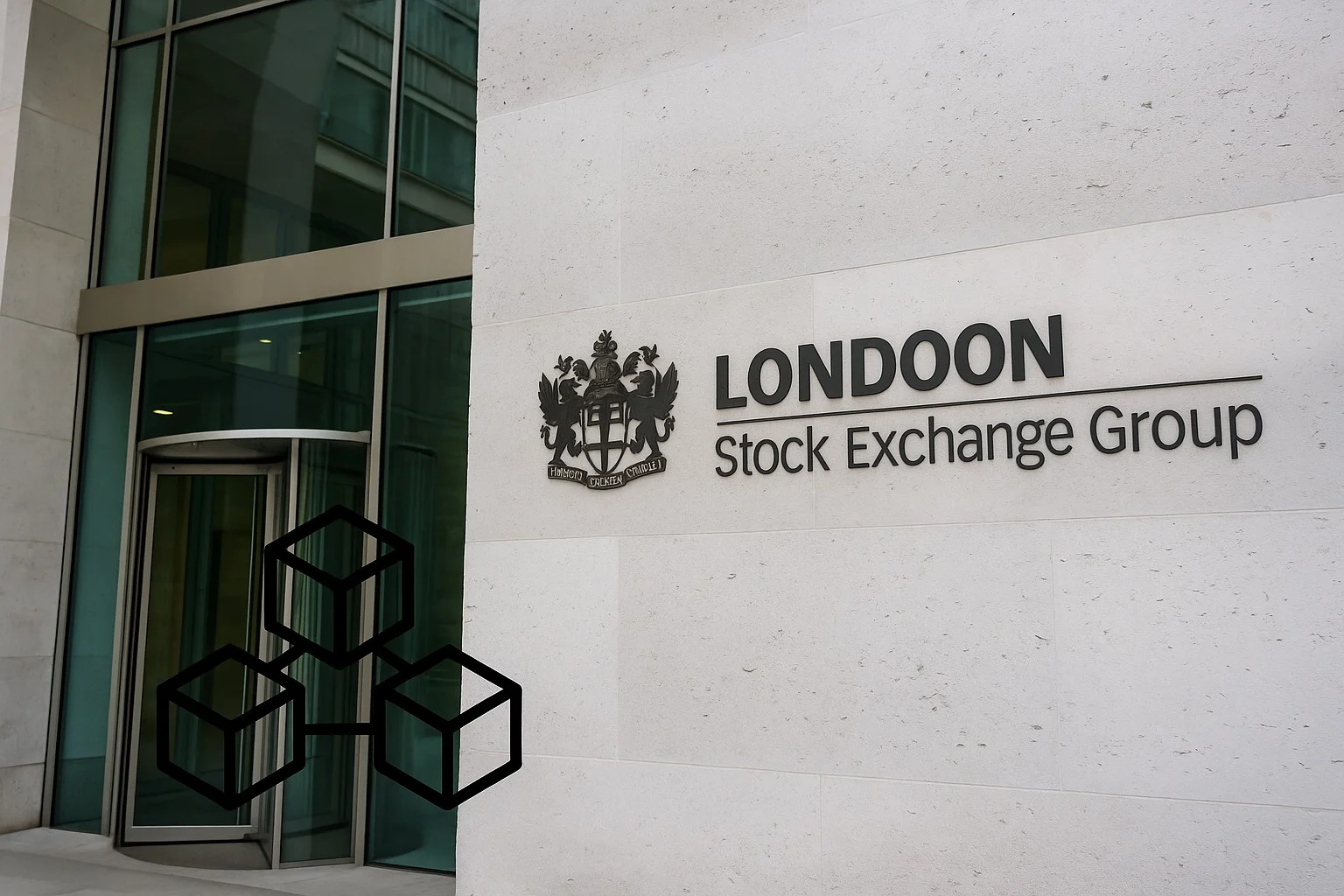The London Stock Exchange has taken a historic step in tokenization. The company has officially launched a new platform that enables the digitization, issuance, and settlement of private funds on the blockchain.
The system, announced by the London Stock Exchange Group (LSEG) as the "Digital Markets Infrastructure" (DMI), is built on Microsoft Azure. The platform allows private markets funds to create and manage tokenized financial instruments within existing regulatory frameworks. One of the first implementations was carried out by Bermuda-based investment manager MembersCap. The company raised capital by tokenizing its fund, "MCM Fund 1," through this system. London-regulated exchange Archax served as the nominee in this process.
LSEG officials stated that this is only the first phase and that different asset classes will be integrated into the platform as part of the tokenization process in the future.
The transition from traditional to digital is underway
The tokenization trend has rapidly gained momentum in the financial world in recent years. Representing traditional securities on the blockchain makes issuance, transaction, and settlement processes more efficient. Dr. Darko Hajdukovic, Head of Digital Markets at LSEG, stated that many processes in private markets today are costly and complex, and that tokenization could overcome these obstacles.
According to proponents, tokenization both reduces back-office costs and offers broader market access. Furthermore, 24/7 trading adds a new dimension to liquidity.
Major investment firms such as BlackRock and Franklin Templeton have already begun offering billions of dollars in money market products to investors on blockchain. The size of assets managed on Ethereum and similar networks is rapidly increasing.
Global competition heats up
LSEG's move comes on the heels of Nasdaq's remarkable filing with the Securities and Exchange Commission (SEC) in the US. Nasdaq is requesting that tokenized securities be allowed to trade on the same order book as traditional stocks, provided certain conditions are met. If approved, this implementation could be implemented as early as 2026. However, major banks like JPMorgan argue that the tokenization of real assets is still progressing slower than expected and that scalability will take time.
$30 trillion potential
Nevertheless, the potential is substantial. According to Standard Chartered analysts, the market created by migrating real assets to blockchain could reach $30 trillion by 2034. According to data from The Block, the total value locked in tokenized real asset products and protocols has now surpassed $13 billion.




